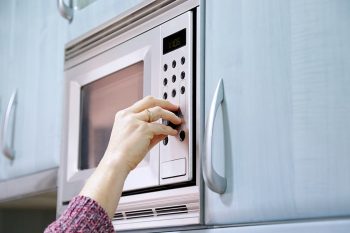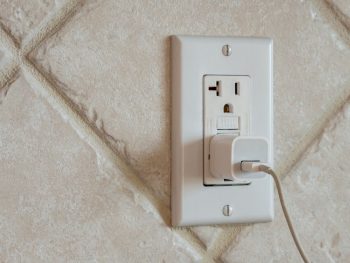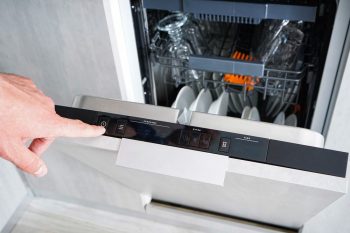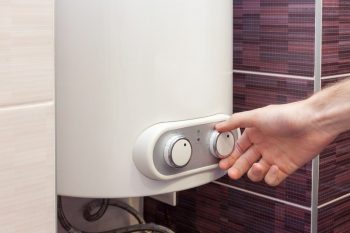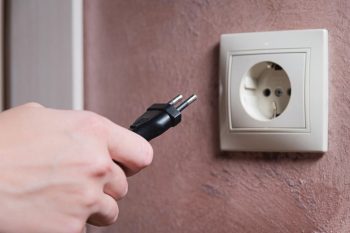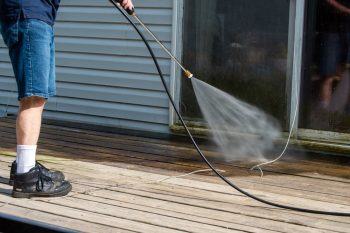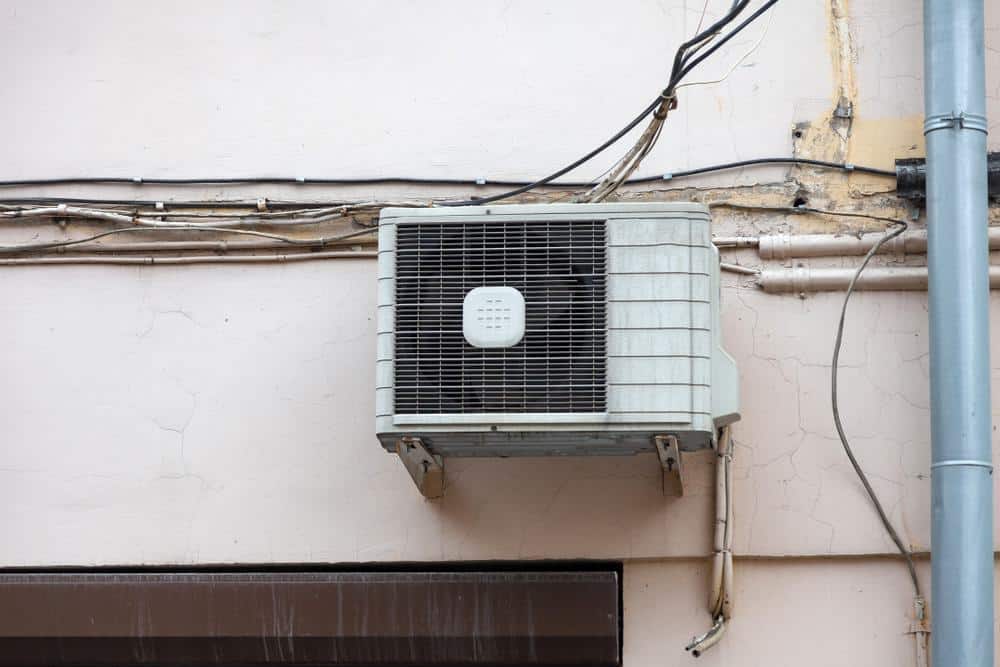
Air conditioning systems are crucial for maintaining a comfortable environment in our homes, especially during the hot summer months. However, sometimes these systems can experience problems, such as the AC condenser freezing up. This issue can lead to reduced cooling capacity and even system failure if not addressed promptly. In this comprehensive guide, we’ll explore why your AC condenser might be freezing up and how you can prevent this problem.
Your AC condenser might be freezing up due to several reasons such as inadequate airflow, improper refrigerant levels, dirty air filters, refrigerant leaks, a damaged blower fan, blocked vent returns and registers, or running the AC at very low temperatures for extended periods. Regular maintenance, checking for refrigerant leaks, cleaning or replacing air filters, keeping supply registers open, inspecting the condensate drain line, and installing a humidistat can help prevent this issue.
Causes of a Frozen AC Condenser
Several factors can cause your AC condenser to freeze up:
Inadequate Airflow
When too many vents are closed or the air filter is dirty enough to block proper airflow throughout the system, an AC unit can freeze up because it can’t work correctly. The buildup of cold air can result in the refrigerant condensing on the coils. Inadequate airflow can be likened to trying to breathe through a straw – it’s difficult and inefficient.
Low or High Refrigerant Levels
Refrigerant is the lifeblood of your AC system. It absorbs heat from the indoor air and releases it outside, keeping your home cool. However, when the refrigerant levels are too low or too high, it can cause the temperature of the evaporator coil to drop, leading to freezing. It’s a bit like trying to cool a drink with just one ice cube or a whole tray – neither is effective.
Dirty Air Filter
A dirty air filter can restrict airflow, causing the evaporator coil to freeze. This is similar to how a vacuum cleaner loses suction when its bag is full of dirt.
Refrigerant Leak
Leaks in the refrigerant lines can lead to low refrigerant levels, causing the evaporator coil to freeze. Imagine trying to water your garden with a hose that has multiple leaks – it’s not going to be very effective.
Damaged Blower Fan
A damaged blower fan can reduce airflow over the evaporator coil, leading to freezing. This is like trying to cool a room with a fan that’s not spinning – it’s not going to do much good.
Blocked Vent Returns and Registers
Blocked vents can restrict airflow, causing the evaporator coil to freeze. This is like trying to drive a car with the parking brake on – it’s going to struggle.
Running the AC at Very Low Temperatures for Extended Periods
Not all air-conditioning filters and units are intended to run at extremely low temperatures for extended periods. Doing so can cause the system to freeze up. It’s like leaving your freezer door open – eventually, it’s going to start to struggle.
Preventing a Frozen AC Condenser
Now that we’ve covered the causes of a frozen AC condenser, let’s look at how you can prevent this issue:
Regularly Check for Refrigerant Leaks
Low refrigerant levels can cause ice buildup on air-conditioning systems. Regularly checking for leaks and refilling the refrigerant if necessary can prevent this problem.
Replace or Clean Air Filters Regularly
A clogged filter restricts airflow and can cause the evaporator coil’s temperature to drop below freezing. Regularly cleaning or replacing air filters can prevent this issue.
Keep Supply Registers Open
Closing supply registers in unused rooms may seem like a good idea, but it can restrict airflow and cause the evaporator coil to freeze. Ensure all supply registers are open to maintain proper airflow.
Schedule Annual Maintenance
Regular maintenance visits from an HVAC professional can help identify and fix potential issues before they cause your AC unit to freeze.
Inspect the Condensate Drain Line
Ensure the condensate drain line is clear and free of blockages, as this can cause water to back up and freeze on the evaporator coil.
Install a Humidistat
A humidistat can help regulate the humidity levels in your home, reducing the chances of your AC unit freezing up.
By following these steps, you can minimize the risk of your AC condenser freezing and maintain a comfortable indoor environment. If you notice visible ice on your AC unit, it is crucial to take action immediately and consult a professional HVAC technician if necessary.
In conclusion, a frozen AC condenser can cause significant problems for your air conditioning system. However, with regular maintenance and by addressing the root causes of the issue, you can prevent your AC condenser from freezing up and ensure your system runs efficiently. Remember, when it comes to AC maintenance, prevention is always better than cure.
Frequently Asked Questions
What are the signs of a frozen AC condenser?
Some common signs of a frozen AC condenser include diminished cooling capacity, ice on the AC unit, and strange noises from the system. If your AC system isn’t cooling your home as it should or is making unusual noises, it’s a good idea to check for ice buildup.
How do I defrost my AC condenser?
If your AC condenser has frozen up, you should first turn off your AC system to prevent further damage. You can then allow the ice to melt naturally, which can take several hours. Do not attempt to manually remove the ice, as this can damage the unit. Once the ice has melted, you can turn your AC system back on. If the problem persists, it’s best to call a professional.
How often should I replace or clean my air filter?
The frequency of air filter replacements or cleanings depends on the type of filter you have. However, a general rule of thumb is to check your filter monthly and replace or clean it every 1-3 months. If you have pets or if someone in your home has allergies, you may need to replace or clean the filter more frequently.
What temperature should I set my AC to prevent it from freezing?
To prevent your AC from freezing, it’s generally recommended to set your thermostat no lower than 70 degrees Fahrenheit (21 degrees Celsius). Running your AC at very low temperatures for extended periods can cause the system to freeze up.
Is a frozen AC condenser a serious issue?
Yes, a frozen AC condenser is a serious issue that can lead to reduced cooling capacity and even system failure if not addressed promptly. If you notice visible ice on your AC unit, it’s important to take action immediately and consult a professional HVAC technician if necessary.

